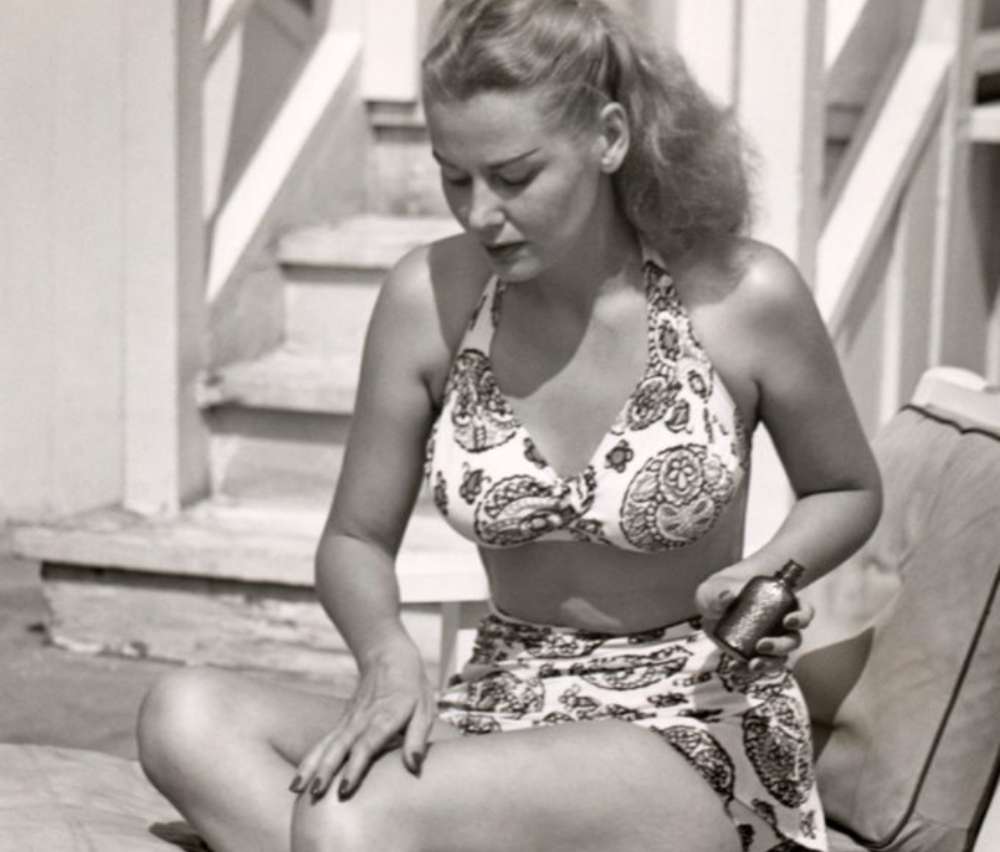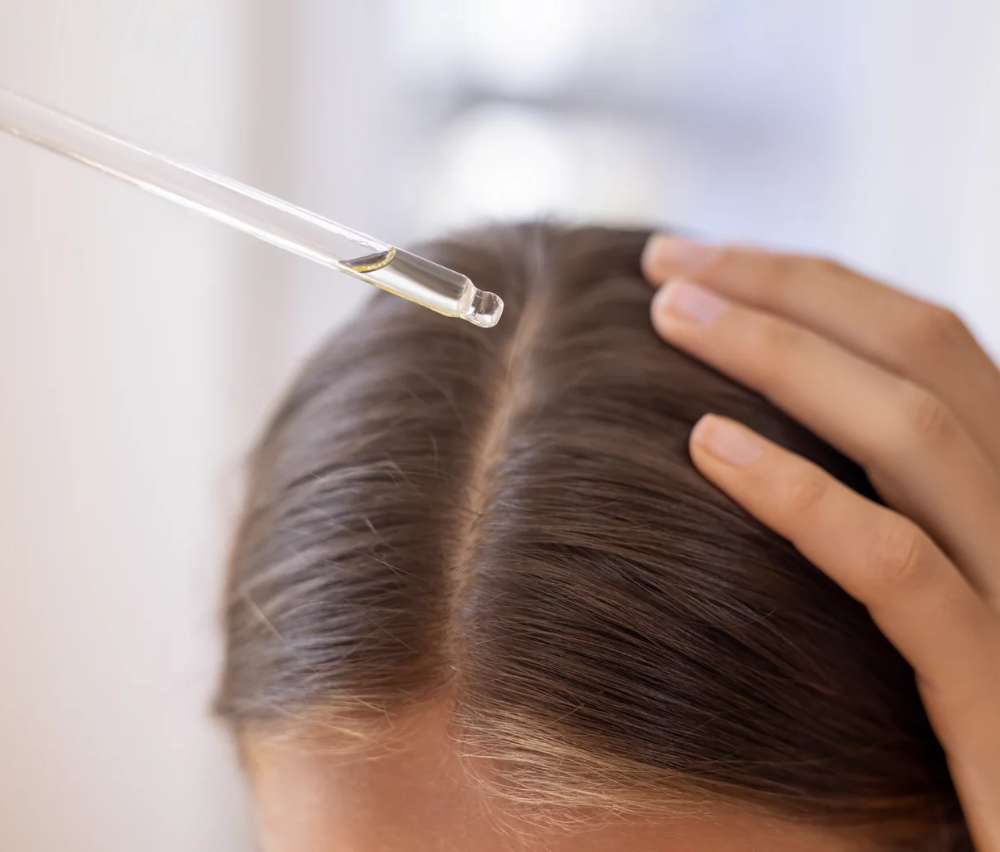
The Truth about Sunscreen
As someone who frequently engages in outdoor activities, sunscreen is undoubtedly an essential item that we use every day. However, it is not uncommon for certain issues to arise on our skin due to a lack of proper understanding about sunscreen. Therefore, this time we will discuss the truth about sunscreen for the health of our skin.
It’s safe to assume that most of us are familiar with the basic commandments of sunscreen usage. We know that we should use broad-spectrum SPF 30 protection every day and reapply it every two hours. However, one aspect of safe skincare practices that often gets overlooked is the expiry date indicated on the sunscreen bottle.
Naturally, we don’t want to waste any product, especially if it appears to be in good condition. However, using sunscreen or any skincare product beyond its shelf life can have significant consequences. In the following paragraphs, experts explain why everyone should take a sunscreen’s expiry date seriously and offer tips on getting the most out of your favorite sunscreens before it’s time to discard them.
So, does sunscreen have an expiry date? In short, yes. Even the best sunscreens will eventually lose their effectiveness. Sunscreens are classified as over-the-counter drugs and must adhere to specific testing guidelines. According to Krupa Koestline, founder and chief cosmetic chemist at KKT Labs, all sunscreens are required to have expiry dates listed to enter the market, and the sunscreen should remain effective until that specified date.
If there is no expiry date listed, the U.S. Food and Drug Administration (FDA) states that the manufacturer must demonstrate that the product remains stable for three years. After that, it is considered expired three years from the date of purchase.
The expiration dates may vary depending on the formulation. Hadley King, MD, a board-certified dermatologist based in New York City, explains that physical sunscreens (mineral sunscreens) are generally more stable than chemical sunscreens, resulting in longer shelf lives. Physical sunscreens containing ingredients like zinc oxide and titanium dioxide do not undergo molecular changes when exposed to light and maintain stability longer than the ingredients found in chemical sunscreens, which consist of more unstable molecules that can oxidize over time.
The expiration of sunscreens can also vary depending on the type you choose. King notes that powder sunscreens, containing minerals that are more stable, tend to have a longer-lasting effect, while liquid formulations are less stable. However, in general, sunscreens can last anywhere between two to three years.
What happens when you use expired sunscreen? The main drawback is that you won’t receive adequate sun protection from harmful UV rays, which can lead to premature aging and more serious skin and health issues like sunburn and skin cancer. Koestline explains that expiration dates indicate the point at which sunscreen is no longer effective, and using expired sunscreen increases the risk of sunburns because the protection is no longer guaranteed.
She further explains that sunscreen formulas work by evenly distributing UV filters on the skin. Once the sunscreen has reached its expiry date, the formula may start to separate, causing the active ingredients that filter out UV rays to cluster in one area upon application.
Using expired sunscreen could potentially irritate the skin. The ingredients might have broken down into irritating chemicals after the expiration date, or there could be bacteria and yeast growth in the product, leading to infection and skin irritation such as bumps and rashes.
Both experts and the FDA strongly advise against using expired sunscreen and recommend discarding it altogether. If you have no other option for sun protection, King suggests that using slightly expired sunscreen might be permissible if it still looks, feels, and smells normal. However, it’s advisable to perform a patch test first to ensure you don’t have any adverse reactions and to replace it with new sunscreen as soon as possible.
“Expiration dates are stamped on sunscreen containers to specify the time limit for the product’s stability and efficacy,” emphasizes King. “For optimal sun protection, as well as texture, stability, and sterility, use sunscreen prior to the expiration date.”
How can you tell if your sunscreen has expired? The easiest way is to check the label. If there is no specific expiration date listed, you can assume it’s good for three years from the purchase date, as advised by the FDA.
Other signs that indicate sunscreen has expired include changes in color, consistency, smell, and texture. Even if these changes occur before the expiration date, it is likely no longer safe to use, and it’s best to replace it with a new one.
Proper storage is crucial in prolonging the shelf life of your sunscreen. Just like any other skincare product, Koestline and King recommend keeping sunscreen away from direct light, as sunlight can cause certain formulations to break down and separate before the expiration date. Koestline suggests storing products in a dry place at room temperature at a minimum, while King recommends opting for a cool, dark place for optimal results.
***
Stay up-to-date with fashion trends, lifestyle tips, and exciting events by following D-Muse. DM us now to get all the information you need!
Source: popsugar.com





